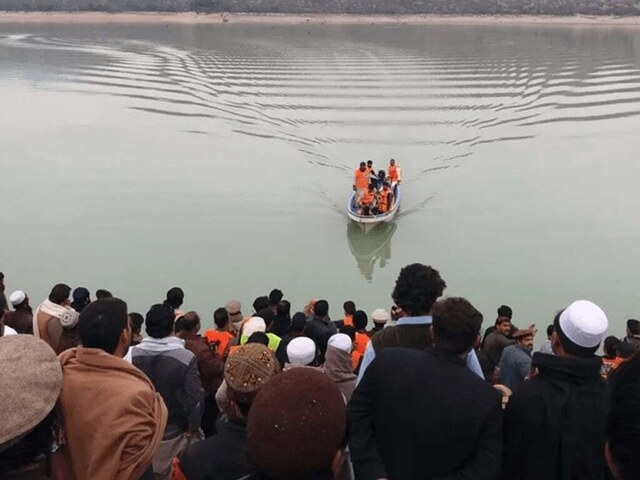
New Delhi, Sep 25 (KNN) The Small & Medium Business Development Chamber of India (SME Chamber of India) has urged the government and banks to implement urgent reforms aimed at improving credit access for micro, small, and medium enterprises (MSMEs).
The Chamber submitted detailed recommendations to the Department of Financial Services (DFS) and the Reserve Bank of India (RBI), highlighting persistent financial bottlenecks that constrain the sector’s growth, Business Standard reported.
In its memorandum to M. Nagaraju, Secretary, DFS, the Chamber noted that MSMEs remain key drivers of industrial growth, exports, and employment, but face high borrowing costs, limited financial support, and slow responsiveness from banks.
It observed that micro enterprises often take up to a decade to scale into small units, while small and medium enterprises struggle for years to advance further.
The Chamber proposed measures including easier and more affordable loans, waiver of processing fees, uniform application formats across banks, and increased engagement between senior bank officials and entrepreneurs.
It recommended financing up to 90 percent of project costs for new units, portability of accounts and loans across banks, and establishment of MSME helpdesks at branches and online.
For smaller loans, it called for waivers of personal guarantees under the CGTMSE scheme, simplified stock statement submissions, and issuance of rejection letters with clear reasons to facilitate reapplication.
Additional recommendations include waivers of prepayment penalties and processing fees for loans up to Rs 10 crore, affordable credit for branding and international marketing, and one-time settlement schemes with longer moratoriums for stressed enterprises.
Separately, in a representation to RBI Governor Sanjay Malhotra, the Chamber proposed the establishment of a permanent Standing Advisory Committee to monitor MSME credit flows.
The Chamber criticised the existing bi-annual SAC meetings for lacking continuity, noting that rotating members often prevent follow-through on recommendations.
The proposed committee would have a fixed three-year tenure, include all financial institutions, feature an RBI Executive Director as Member Secretary, and have the Indian Banks’ Association (IBA) as nodal coordinator.
Leading national and state-level MSME associations would be permanent members, with the RBI Governor chairing an annual review.
Chandrakant Salunkhe, President, SME Chamber of India and Federation of Indian SME Associations (FISA), said the measures are critical to empower MSMEs, boost industrial growth in Tier-2 and Tier-3 cities, and strengthen India’s development agenda.
“Without a structured and accountable framework for policy implementation and regular review, the sector’s concerns remain unresolved. A permanent Standing Advisory Committee will bring the necessary continuity, focus, and accountability,” he stated.



